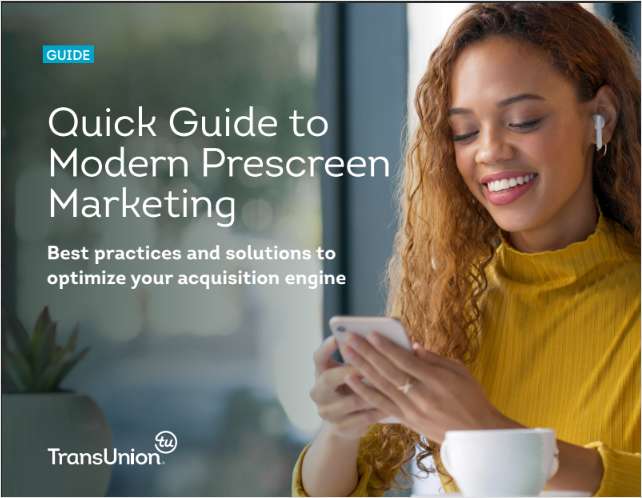If you are eager to achieve a specific goal that involves others, don't force or mandate, instead nudge or coax.
That's the advice the two authors of Nudge: Improving Decisions about Health, Wealth and Happiness have for executives and government officials.
In a work that marries a scholarly approach with a conversational and occasionally amusing style, Richard H. Thaler and Cass R. Sunstein argue that organizations should encourage certain outcomes but don't force people down a certain path. While the book has considerable academic heft-not surprising since Thaler is an economics professor at the University Chicago and Sunstein is a professor at Harvard Law School-the authors avoid pontificating. They have strong opinions but express them by showing, rather than telling.
According to their definition, a nudge is anything that “alters people's behavior in a predictable way without forbidding any options or significantly changing their economic incentives.”
Credit unions could increase their market share if more businesses followed one of the authors' suggestions and developed programs to improve their employees' financial literacy.
According to research cited by the authors, classes on financial literacy result in only a slight increase in participation in certain financial-planning programs that could increase employees' long-term economic security. These classes, which are run by credit unions in some cases, are a good starting point and Thaler and Sunstein urge more companies to work with financial institutions to set them up.
But the authors want more people to take the next step, which is to put more money in their 401(k) accounts or individual retirement accounts. Their recommended approach to achieving this goal is greater use of the Save More Tomorrow program. Under that plan, which Thaler co-developed, people commit themselves in advance to a series of increases in their retirement accounts timed to coincide with pay raises. The plan is based on the premise that people want to save more money but don't always take the time needed to follow through and also are less inclined to save more because it decreases how much they can spend now.
The “nudge factor” in this example also includes automatic enrollment for new hires (with an opportunity to opt out) and making enrollment forms readily available during financial planning and financial literacy classes.
This approach to problem solving and policy making is an ideological hybrid. They describe the philosophy as “libertarian paternalism,” which gives people considerable autonomy over key decisions in their lives but enables companies and governments to find ways to encourage certain outcomes.
The book is part of a growing field called “behavioral economics,” which contends that rules and laws should take into account people's behavior patterns, not just the desired outcome.
Thaler and Sunstein argue that it is an approach that reflects centrist political views of many Americans. They cite polling data that show many people want more government intervention than the traditional laissez faire approach of Republicans but less intervention than the “command and control” approach of many Democrats.
Given that many policymakers are quite beholden to the approaches of either the left or right, it's not clear how receptive an audience the authors will find for their more centrist approach. Fortunately, we won't have to wait long to find out. Sunstein has been nominated by President Obama to run the Office of Management and Budget's Office of Information and Regulatory Affais, which has final say over all federal regulation.
Although Thaler and Sunstein are writing for a broad audience, they can't break the habit of many academics to use more than a little jargon. For example, they call the individuals who are responsible for arranging the environment in which people make decisions “choice architects.” Others might simply call those people deciders.
Despite the jargon, Nudge: Improving Decisions about Health, Wealth and Happiness is an enjoyable way to learn about public policy and an innovative approach to problem solving.
Complete your profile to continue reading and get FREE access to CUTimes.com, part of your ALM digital membership.
Your access to unlimited CUTimes.com content isn’t changing.
Once you are an ALM digital member, you’ll receive:
- Breaking credit union news and analysis, on-site and via our newsletters and custom alerts
- Weekly Shared Accounts podcast featuring exclusive interviews with industry leaders
- Educational webcasts, white papers, and ebooks from industry thought leaders
- Critical coverage of the commercial real estate and financial advisory markets on our other ALM sites, GlobeSt.com and ThinkAdvisor.com
Already have an account? Sign In Now
© 2024 ALM Global, LLC, All Rights Reserved. Request academic re-use from www.copyright.com. All other uses, submit a request to [email protected]. For more information visit Asset & Logo Licensing.









